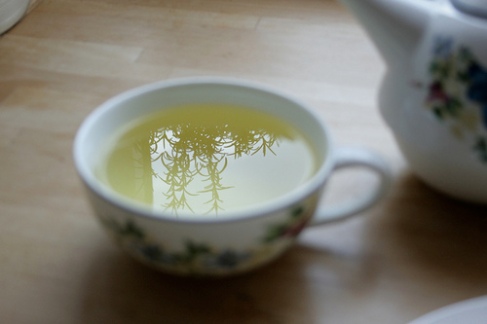Many people switch from black tea or green tea to white tea for health or taste reasons. If you’re used to drinking green tea or black tea, you will find that white tea can be very different in its appearance, flavor, preparation and price. Whereas most green and black teas are made from the leaves of the Camaellia sinensis plant, white tea is made entirely or mostly from the buds of the tea plant. The buds should look white and fuzzy.
White tea, native to China, has gained popularity due to its low caffeine content coupled with its disease fighting components.
Here’s a look at the science behind some of white tea’s health effects:
- White Tea and Cancer Prevention. Oregon State University published an epidemiological study by Higdon and Frei thatidentified that white tea contains high amounts of the antioxidant, catechin. These antioxidants have special properties that inhibit the formation of new cancer cells as well as remove older cancer causing cells. Regular consumption of white tea could help reduce the probability of getting cancer.
- White tea and Antioxidants. White tea has an abundance of antioxidants. These help strengthen the immune system and prevent intrusion from bacteria and viruses. This leads to lesser occurrences of infection and gives you a healthier feeling. It really helps people infected with HIV as it reduces the symptoms of a poor immune system. It reduces your chances of catching a common cold or flu during season because of a stronger immune system.
- White Tea and Lower Blood Pressure. White tea actually has the possibility of reducing your blood pressure. It does this by thinning the blood and improving your artery function. Obviously it is more of a long term thing. This means that an addition of white tea in your diet may help in recuing your overall blood pressure. White tea’s blood thinning and pressure regulating properties also make it a good way to maintain a healthy heart. It seems then that white tea may be able to prevent heart related diseases to a certain extent.
According to a tea and caffeine study, white tea from Fujian (China) may contain as little as 6 to 25 mg of caffeine per cup, other white teas may be closer to 60 mg per cup. Similarly, the claims that white tea is especially high in antioxidants relate to a study on white tea from Fujian, and may not apply to other types of white tea.
